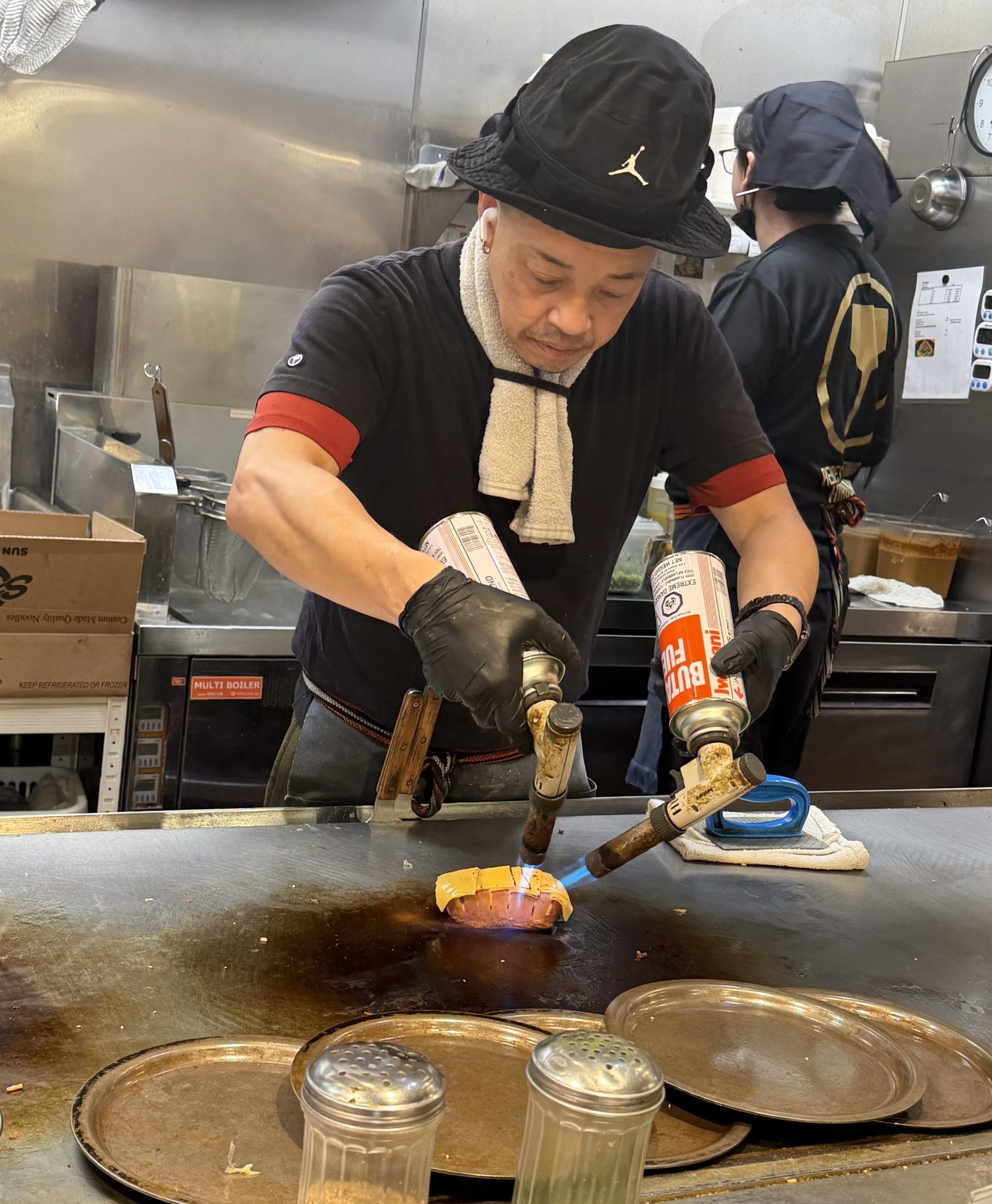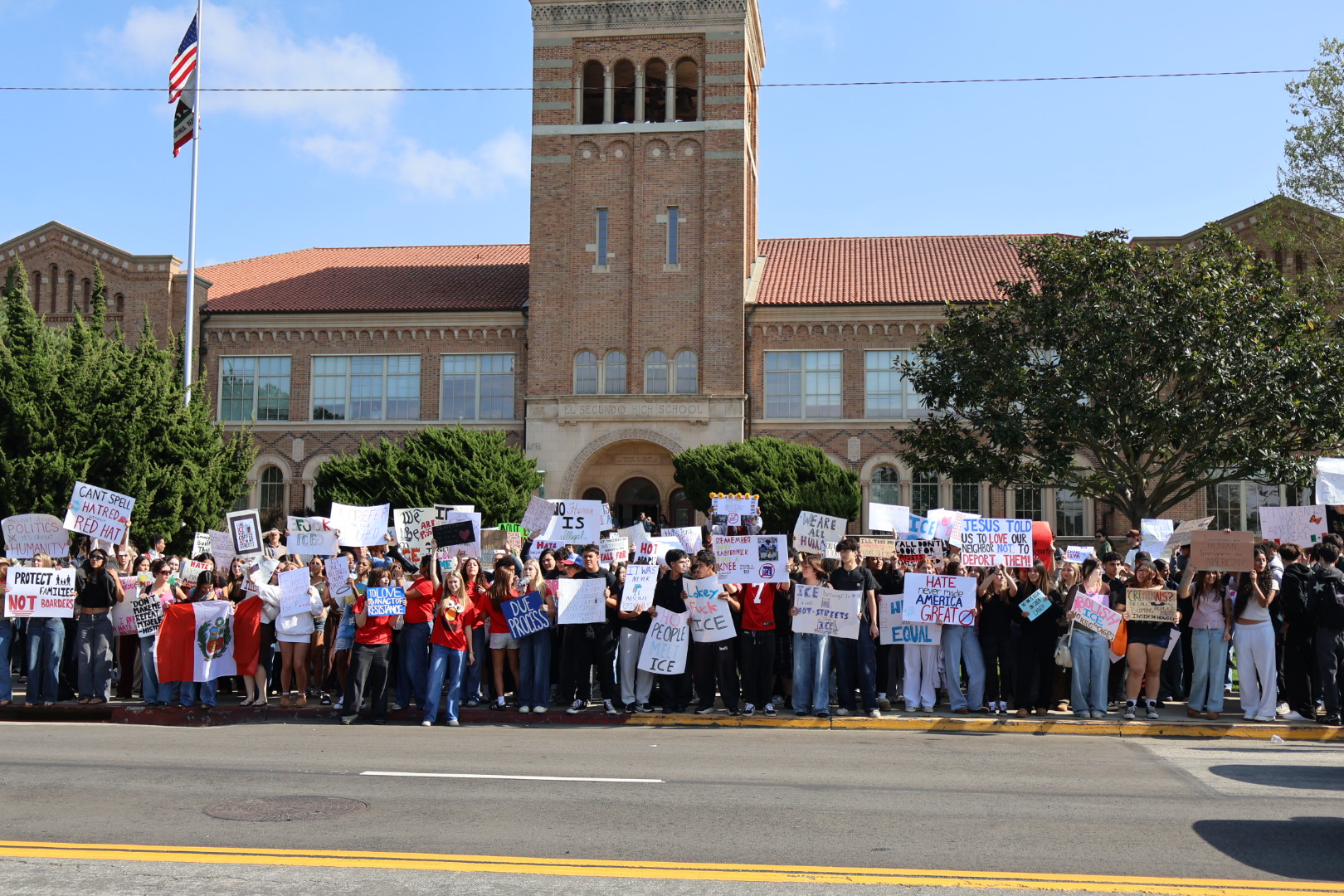
One member of Redondo Beach’s City Council will have to recuse himself from a key development along the city’s Waterfront — and if a troubled project’s developer has his way, another would do the same in another upcoming development skirmish.
District 1 councilman Jeff Ginsburg has been advised by California’s Fair Political Practices Commission to remove himself from discussions regarding the proposed Waterfront-renovating CenterCal project, due to his real estate interests.
The CenterCal project is conceived as a complete overhaul of Redondo Beach’s waterfront, constructing 305,000 sq. ft. of retail, entertainment and dining space in place of the International Boardwalk. The idea, developers hope, is to make the area a regional destination. Opponents fear the project would be a “mall by the sea,” destroying any semblance of the waterfront’s charm.
On August 18, Ginsburg received a letter of advisement from the FPPC in return for a request for informal assistance he sent the commission, on advice from City Attorney Michael Webb.
In the letter, the FPPC addressed four interests in particular, all located within three miles of the CenterCal project: An apartment building at 504 Esplanade Way; a commercial building at 2512 Artesia Blvd.; a mixed-use, commercial and retail building at 1611 S. Catalina Ave.; and Ginsburg’s personal residence at Esplanade and Paseo de la Playa.
The letter also addresses Ginsburg’s income through companies owned by his father, from a mixed-use residential and commercial project at 211 Yacht Club Way.
“A prudent person with sufficient information would find that it is reasonably foreseeable that the Project’s financial effect would contribute to a change in the value of the privately-held business entities that operate these properties,” the FPPC wrote.
In other words, that Ginsburg’s financial well-being (and his home) may be greatly impacted by potential success or failure of the CenterCal project makes him, potentially, a conflicted party on the Council in the FPPC’s eyes.
“It’s one of those cases where the City Attorney — who’s always exercising an abundance of caution — said it’d be better to be safe than sorry,” Ginsburg said of his reasoning for sending the initial request to the FPPC.
In the fraught politics of waterfront development, the loss of Ginsburg’s ability to vote could become extremely significant to the CenterCal project’s future.
Though he believes he’s done the right thing, Ginsburg accepts that, despite his recusal, development opponents may criticize him for his dual status as a real estate holder and member of the Redondo Beach City Council.
“I’ve learned one thing while I’ve been on Council, and that’s that I’m not going to make everybody happy,” Ginsburg said. “Some people that are anti-development, whether I’m here or not, they’re going to be anti-development. I think the majority of people out there would like to see the waterfront revitalized.”
SeaBreeze developer suggests Brand’s recusal
One of CenterCal’s opponents on the council, District 2 councilman Bill Brand, would be forced to step away from discussion on a mixed-use project in South Redondo, should that project’s developer get his way.
On August 17, SeaBreeze Plaza developer Nick Buchanan, representing his residential/commercial mixed-use project at 1914-1926 S. Pacific Coast Highway, sent a letter to the city’s planning department requesting that a hearing appealing his project be delayed by two weeks, from Sept. 1 to Sept. 15. As designed, SeaBreeze Plaza would place 52 condominium units and 10,552 square feet of commercial space on a 1.49 acre lot.
The request, he said, was to allow time for California’s Department of Transit to respond to a traffic impact study requested by council and commissioned by his company.
Buchanan’s wish was granted, indirectly. An error of omission by the City Clerk’s office caused notice of the hearing to go unposted. As state meeting regulations require at least ten days notice prior to the holding of public hearings, it has been delayed to the Sept. 15 City Council meeting.
But the hearing wouldn’t have happened without Brand’s urging. On June 1, ten days after the city’s Planning Commission issued a permit for the SeaBreeze project, Brand filed his appeal, saying that the project didn’t meet criteria stated in Redondo’s municipal code. During the subsequent appeal hearing regarding council found reason to direct staff to bring conditions for denial to the Sept. 1 council meeting.
Considering Brand is the catalyst for his project’s appeal, Buchanan expressed concern that the councilman might have established “a probability of bias.”
“Where a city councilman files an appeal of a permit approval, it suggests an unacceptable probability of actual bias, and where the council member who filed the appeal does not recuse himself but deliberates on the appeal, it can give rise to an order invalidating the entire decision,” Buchanan wrote to city staff.
He cited similar circumstances in the case of the City of Newport Beach v. Woody’s Group, Inc., wherein a Newport councilman’s successful appeal against an area restaurant was struck down by California’s Court of Appeals. The court wrote that Newport “violated two basic principles of fairness” in overturning its planning commission’s decision: That one “cannot be a judge in their own case,” as one Newport councilman did by filing an appeal and adjudicating over it; and that one “cannot change the rules mid-game,” as the Newport councilman did by filing an appeal without following his city’s process.
“As a city councilman, you’re supposed to act almost as a judge, and be objective about issues in front of you until it’s time to vote on the matter,” Buchanan said in an interview. “By appealing and deliberating on the project, and proposing an option to deny the project…[Brand]’s already made up his mind ahead of time.”
Brand disagrees, saying that he brought forth the appeal based on considerable public concern to the project and, in his written appeal, stated that he had no predisposition against or in favor of SeaBreeze Plaza.
“I indicated my opposition to the project based on everything I’ve heard so far, and since it’s a continued public hearing, I remain open-minded should any new information come forward,” Brand said, adding that he is “opposed to the project based on what I’ve heard so far.”
“It doesn’t surprise me that Mr. Buchanan would want anybody who voted against his project to be recused from discussion,” he said. Brand also noted that he did speak with Redondo’s City Attorney on the matter, but that their discussion would remain confidential.
Unlike the Newport Beach case, Redondo’s municipal code seems to be on the councilman’s side: As Brand affirmed that the appeal was both in the public interest and that he had no predisposition toward the project, section 10-5.2506(g)(2) of the code allows him to hear the appeal he filed. Newport’s code had no references to appeals filed by councilmembers.
Buchanan stressed that he’s in no position to give legal advice, but said that “if the project is denied and I’m not able to build, it will ultimately go to litigation.”








